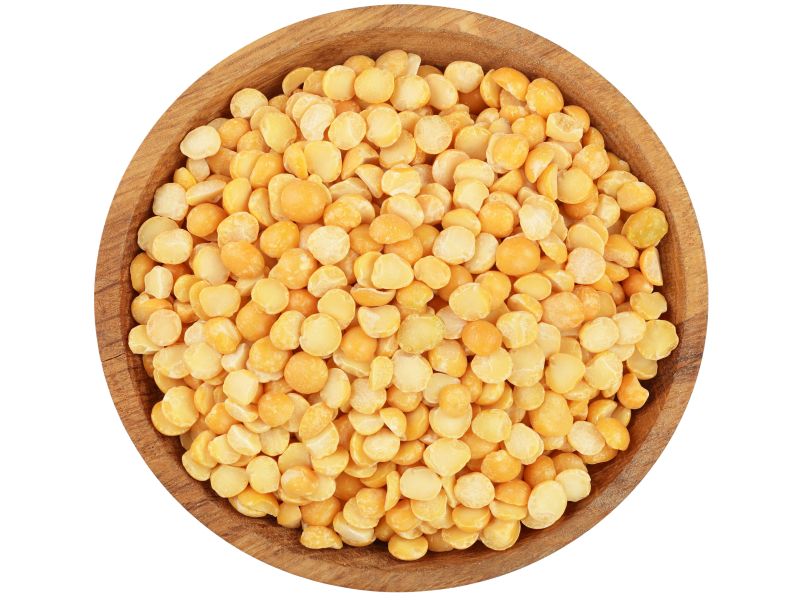
Family meals are a recipe for healthy eating in kids, nutritionists say. “Research shows that families who regularly dine together are more likely to eat more fruits, vegetables and fiber and are less likely to eat fried foods,” said Kristen Gradney, a dietitian nutritionist and spokeswoman for the Academy of Nutrition and Dietetics. “Eating together… read on >






























